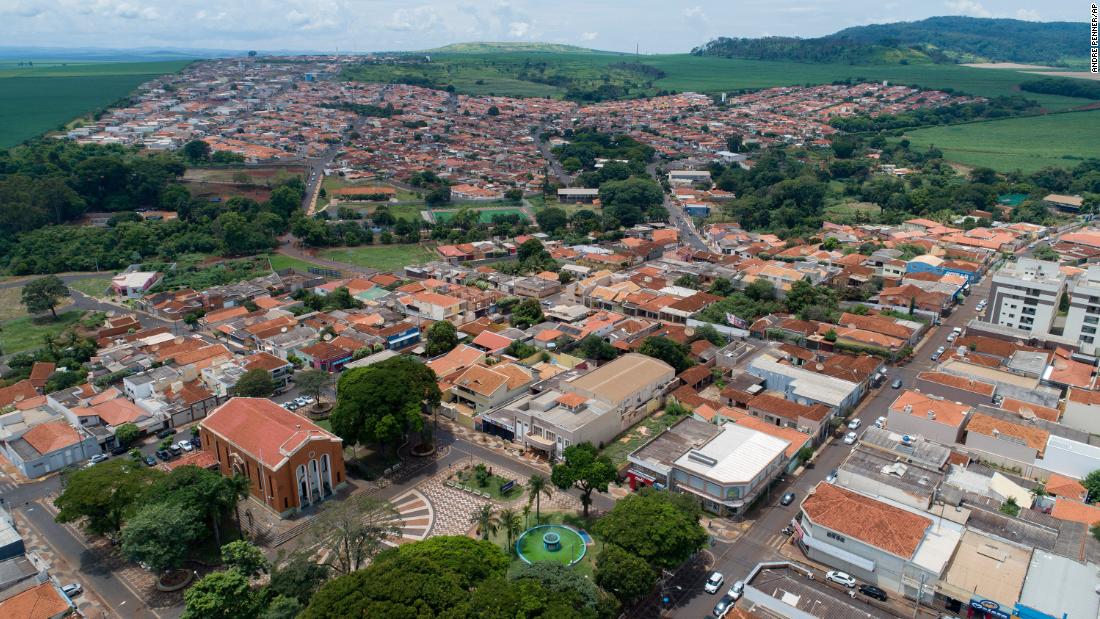The study will involve the city of Serrana, in the southeastern state of São Paulo, said the research institute
“The entire adult population, estimated at 30,000 people, will be immunized in three months, in an unprecedented action,” wrote the Butantan Institute via Twitter on Wednesday.
The idea of vaccinating as many people as possible will allow researchers to “follow the evolution of the epidemic. There are technical aspects that will allow calculations, projections and calculations to be made if the vaccine is capable of reducing the transmission of the virus”, said Dimas Tadeu Covas , director of the institute.
The city of Serrana, with a population of approximately 45,000, has been divided into four color-coded regions. All people over 18 will receive the Coronavac vaccine, with the exception of pregnant or nursing women and those with serious illnesses, according to the Butantan Institute.
“Based on what we will learn here, we will be able to tell the rest of the world what the real effect of vaccination against Covid-19 is,” said Ricardo Palacios, director of clinical studies at Butantan.
There are rays of hope, said the Director of the Pan American Health Organization, Dr. Carissa Etienne, on Wednesday. “After many weeks of increases in Covid cases and deaths, we are beginning to see improvement trends in some of the most affected countries, including the United States and Brazil,” she said during a weekly online briefing.
She warned, however, that these trends are “a cause for hope, but not for celebration”.
